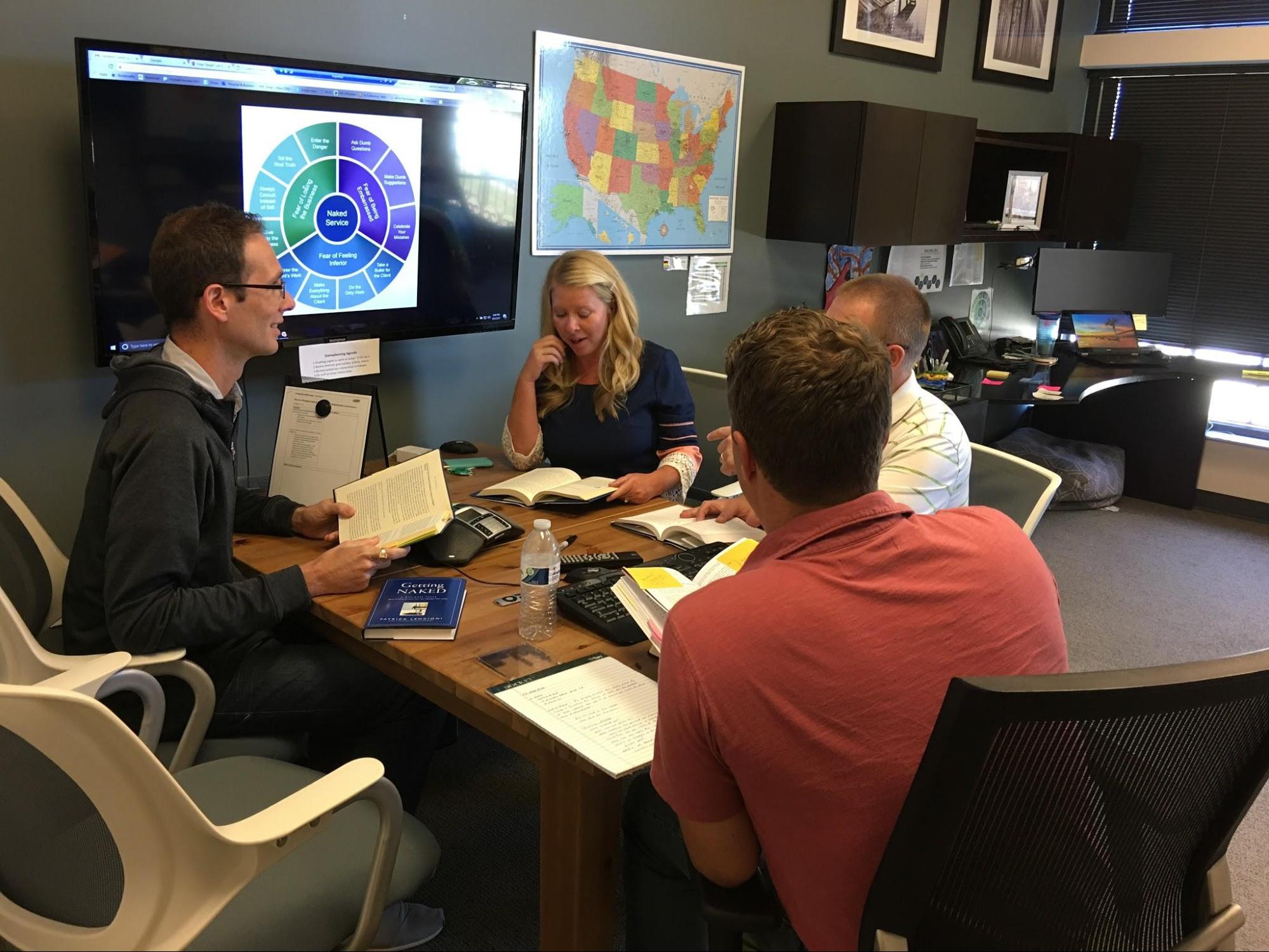
We started book clubs at SEP over a decade ago. Since then, we’ve had over 100 book clubs, with more than 75% of the company participating in at least one book club!
Book clubs have been such an integral part of SEP’s group learning for a long time – how did this happen anyways?
Why We Started Book Clubs at SEP
Before I came to SEP I read Working Effectively With Legacy Code by Michael Feathers with a group of colleagues. Both the book and the rich group discussions we had around it were game-changing for me.
As a group of folks coming from different backgrounds, and varying experience levels, we learned what he was trying to teach us much more deeply. Better yet, we got to know each other better as humans and teammates.
I missed this experience personally, so I partnered with a few folks at SEP to kick off our first set of book clubs here.
Why Book Clubs Have Lasted
Learning together with a group is more fun and effective than learning alone.
That’s why I think book clubs have lasted at SEP. The experience alone is worth it.
My favorite parts about reading a book with other people (hint: it’s rarely about the book!):
- Better together: I get to bounce ideas off of other folks. Better yet, I get to hear others’ ideas and incorporate them into my work!
- Not my team: I get to spend time with folks that aren’t on my team or that I don’t get to interact with regularly.
- Skip level: It’s not uncommon to see new hires and upper management in the same book club.
- Diverse thought: I get to share and learn with folks with different experiences and backgrounds.
We also have a formal Professional Development (PD) system at SEP. We expect everyone in the company to always be developing themselves, and we provide support to help make that a reality. One way we do that is by buying books for any book club a group wants to do.
As part of our PD system, we’ve integrated book clubs into some of our onboarding processes too:
- All new-hire engineers and designers (including interns!) read the Pragmatic Programmer together over the summer. Our experienced hires lead the book club discussion once they arrive.
- All BizOps (and other operations) interns participate in a book club with a role-diverse set of folks to help give them a more broad perspective of our organization.
You Should Start a Book Club at Your Organization!
Book clubs can be a bit daunting and time-consuming at first, but they are valuable and should be considered in all organizations.
We’ve honed the process of running successful book clubs over the years, here are a few pro-tips:
- Kickoff – we typically do this in a couple of different ways…
- Centralized – invite anyone and everyone together into a room and kick things off together. I’ve got recipe card for this at the bottom ????. It helps to make this process super-easy.We have historically done this a few times a year (i.e. fall, winter, summer). We get lots of participation and mindshare when executing this way!
- Decentralized – create (and publicize!) a #book-club-organization Slack channel. Book clubs can happen anytime!
- Team-based – sometimes our teams like to read a book specific to their projects or processes. For example, one of my teams read Think Like a Pancreas when working on Diabetes Care products.
- Execution
- Someone will need to be The Leader.
- Set a reading schedule (what should be read by when).
- e.g. one chapter per week
- Schedule a room and time.
- Buy books for everyone! (If you can, this makes it easy for everyone else)
- Remember: everyone learns differently! Paper copy, audiobook, and eBook/Kindle are all great options.
- Ask what each person wants to get out of the book club.
- Discuss the book together. In the same room, at the same time!If you’re remote, I’ve seen Zoom/Hangouts work okay as well, but nothing beats human to human interaction.
- Slack Channels
- Have a slack channel for each book club! This helps with async sharing of ideas, planning, and other odds and ends (we name ours #book-club-).
- Have a Slack channel for organizing a new book club. Ours is called #book-club-organization

My advice: give book clubs a chance, even if it’s just one to see how it goes. In fact, reading Working Effectively With Legacy Code with a group would be a great first step. Do it. Now! Let me know how it goes!
Happy book-clubbing!
